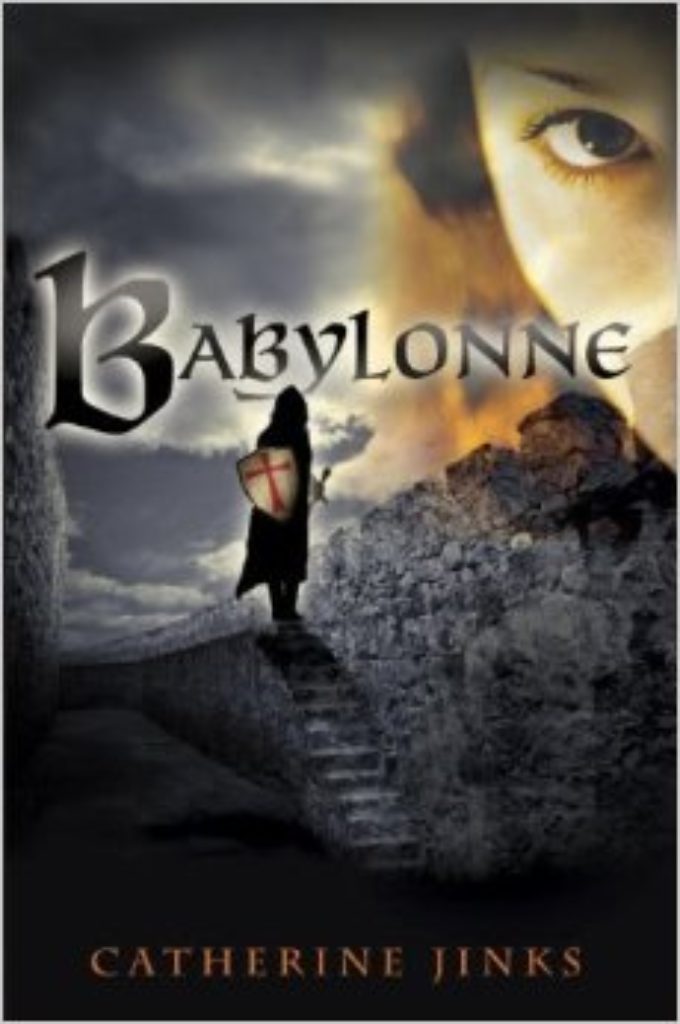- What has Aunt Navarre taught Babylonne about the world?
- Does Babylonne believe there’s any good in the world?
- What does she think about herself?
- How do her thoughts change after she meets Isidore?
-
What does he think about the world, and what does he tell her?
-
What do Babylonne and Isidore do to keep Babylonne safe?
- Is it ever OK to lie?
-
What does the Bible say about lying?
-
Why does Babylonne feel the need to dress like a boy?
-
Why and how is Isidore different than the other men she knows?
-
What does Babylonne initially believe is required to get close to God?
- What does she learn from listening to Isidore’s theological discussion with Gui, the prefect?
-
What does she believe will happen to her if she dies?
-
Why does Babylonne scoff at the woman who is worshiping with amulets and relics?
- Is it wrong to worship that way? Why or why not?
- What does Isidore tell Babylonne to keep her from judging this woman’s worship methods?
- Do you know anyone who worships in a different way than you do?
-
How can you tell if another way of worshiping is actually wrong or just different from yours?
-
How do most of the men and a few of the women in this book treat the opposite sex?
- How do they choose their words?
- Is it OK to make lewd and sexual comments?
- What does the Bible say about the kind of thoughts we should dwell on?
-
What about the kind of talk that should come out of our mouths?
-
What fairytale does Babylonne make up in her head about herself?
- How does it change as the story goes on?
-
What does she ultimately decide she wants out of life?
-
How do Isidore’s behavior and personality win Babylonne over, despite her long-time hatred of Roman priests?
- What were some characteristics of Isidore that inspire Babylonne to be a better person?
-
Which of these characteristics could you adopt to demonstrate Christ to others?
-
What would you think of Babylonne if you had met her at the beginning of the story?
- Did she seem like a nice person?
- Would you have wanted to be her friend? Why or why not?
-
How would you have reacted to her hostility and vulgarity?
-
What does Babylonne believe to be true about her parents?
- What does she learn later on?
- How do you think you’d feel if you never knew your parents?











